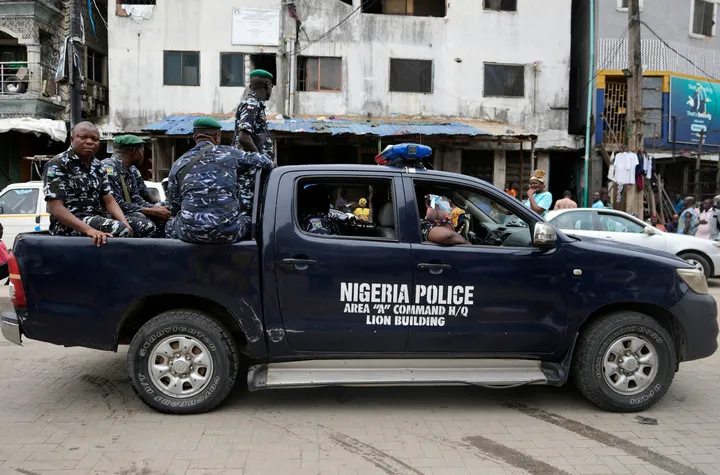Emmanuel Macron has beaten far-right challenger Marine Le Pen to win reelection in the French presidential election.
But despite his victory, the former investment banker's popularity is on the decline.
When Macron took office for the first time in 2017, he had won a 66 percent victory versus Le Pen's 33.9 percent.
This year, centrist Macron obtained 58 percent of the vote, whereas his nationalist and far-right opponent Le Pen got 41 percent.
Political analysts believe the continued rise of the far-right and the extreme leftist Jean Luc Melenchon's attitudes towards the EU "worry the leaders".
READ MORE:Violence erupts at Paris rally protesting Macron's policies on Labour Day
"Of course, one thing should be reminded that both leaders are no longer promising to leave the EU. They promise a more independent France." Fatih Karakaya, a political expert told TRT World.
But this situation remains uncertain because in France, despite the president being the highest figure in the state, the upcoming parliamentary elections for the National Assembly will show whether Macron can easily pass new laws.
"The danger for Macron and the EU is also in the parliamentary elections. In France, which is semi-presidential, the Prime Minister determines the foreign policy. If the left unites and Melenchon becomes prime minister, then the real danger for the EU will begin," he further said.
"It is not known whether Melenchon, who has no enthusiasm to be the leader of the EU, can pursue a more independent policy, but it is evident that Germany will be even stronger. In contrast, Scholtz in Germany is not a charismatic leader. Therefore, if it continues this way, the leading country may not be in the EU, and everyone may have a voice.”
But if Macron wins the general elections, Karakaya explains, it is then certain that he will have more of a say in the EU.
The Ukraine-Russia war, which is the biggest crisis Europe has seen after the cold war, creates another problem in Europe.
According to European expert Enes Bayrakli, this war has also shown that the European Union has not made any progress in ensuring the security of Europe in the last 30 years after the end of the Cold War.
"It has become clear that the European Union cannot ensure its security against Russia without NATO. In particular, we saw that Germany prioritised its economic interests over security interests," he told TRT World.
According to Bayrakli, European states believe that Russia should be stopped and that this cannot be achieved only through economic sanctions or political negotiations.
"Germany has been implementing a policy of developing trade relations with Russia for years. Germany also said it was pursuing a strategy of connecting Russia to Europe. However, although Russia attacked Ukraine at the expense of the economy, Germany could not react seriously, considering the damage it would cause to itself by the reactions it would show."
"We have seen France and Germany become ineffective in this crisis despite their claims to leadership."
EU's best pick
Macron had been a candidate for the European Union since the day he was elected in 2017; according to Karakaya, who said that he received the support of the EU in the last election and was congratulated as soon as he was elected.
"From the first day, Macron's enthusiasm to steal a role from Germany has never faded. We watched Macron who always wanted to come to the fore and give directives to EU countries," he told TRT World.
"He could not achieve this, although all his efforts did not diminish his ambition. In the past months, European flags have been hung on some official buildings, which even caused a public debate as "Is France completely losing its independence?" He even changed the blue hue of the French flag to make it compatible with the EU.
In short, Karakaya says, the EU has gained a loyal leader.























